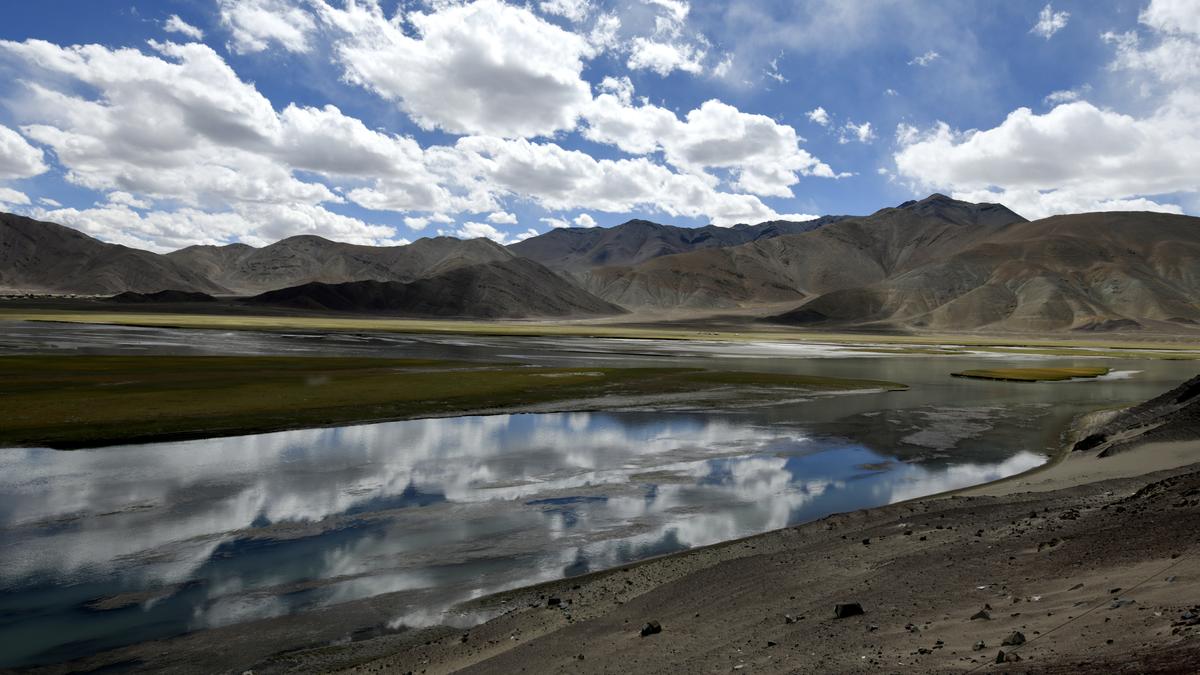
World Bank Neutral Expert says ‘competent’ to judge Indus Water Treaty dispute
The Hindu
The Neutral Expert under the Indus Water Treaty decides on India-Pakistan disputes over hydroelectric projects, keeping differences alive.
The Neutral Expert (NE) appointed under terms of the Indus Water Treaty (IWT), 1960, decided that he was “competent” to decide on differences between India and Pakistan on the design of hydroelectric projects built on the Indus Treaty-rivers. India, in a statement, on Tuesday “welcomed” the move.
The decision on January 7 by Michel Lino, the World Bank appointed NE, and made public via a press release on Monday, however, does not help resolve a demand by India in January 2023 to renegotiate the IWT but only keeps alive the differences between the two countries on the dispute resolution mechanism, laid out under the terms of the IWT.
Last September, The Hindu had reported that India decided there would be no more meetings of the Permanent Indus Commission (PIC), made up of representatives of both countries until the IWT was renegotiated. The last meeting happened in Delhi in May 2022. Since January 2023, India has written four times to Pakistan to initiate talks on revising the treaty but is yet to receive a formal response.
The dispute resolution mechanism laid out under the terms of the IWT — as India interprets it — says that disputes must first attempt to be resolved by the PIC. If they do not succeed, the matter would be weighed by the World Bank-appointed Neutral Expert. If this fails too, the matter would be decided by a Court of Arbitration.
However, while India has held that each step must be fully exhausted before both sides agree to moving on to the next step, Pakistan has moved on without waiting for India’s concurrence.
While both countries first seemed to agree on the World Bank appointing a ‘neutral expert’, Pakistan in 2016 asked for a Court of Arbitration. The World Bank first ruled that having a neutral expert and court together could lead to “contradictory outcomes”. However, in 2022, it facilitated the setting up of both an expert as well as a chairman to the Court of Arbitration. India has refused to attend proceedings in the Court of Arbitration at The Hague. Pakistan has maintained that it is working within the terms of the treaty, whereas India says the treaty does not allow such parallel dispute mechanisms.
The press statement, issued on Tuesday, said that while the NE, could under the terms of the treaty, decide on technical disputes it did not invalidate the existing Court of Arbitration. “With respect to Pakistan’s first alternative submission, the Neutral Expert notes that he does not address any issues pertaining to the competence of the 2022 Court of Arbitration. The Neutral Expert concludes that the fact that the 2022 Court of Arbitration is presently considering certain matters that partially overlap with the points of difference does not affect his competence over differences...,” the NE-issued press statement noted.













